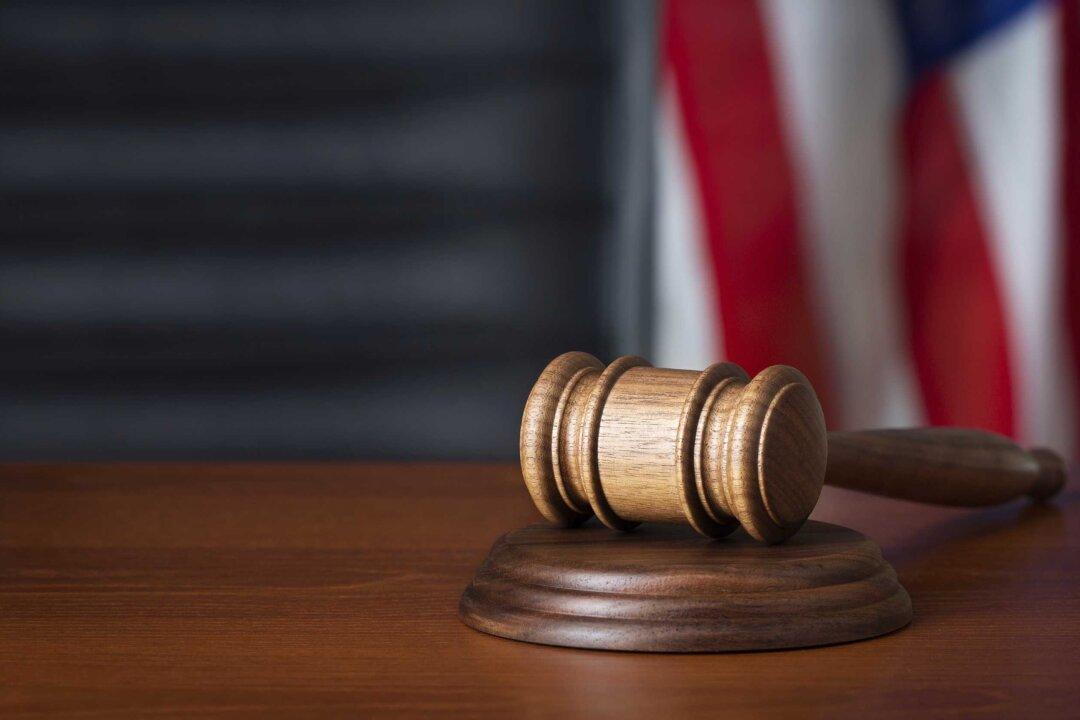A federal judge has ordered a public school district in Pennsylvania to allow public commenters to criticize school policies and officials by name at school board meetings, saying it is within their constitutional right to do so.
The ongoing case was brought in October against the Pennsbury School Board by a group of four parents and community members, who argued that the board has been engaging in viewpoint discrimination when board members, in multiple occasions, interrupted or censored their speech that they deemed “abusive” or “irrelevant.”





